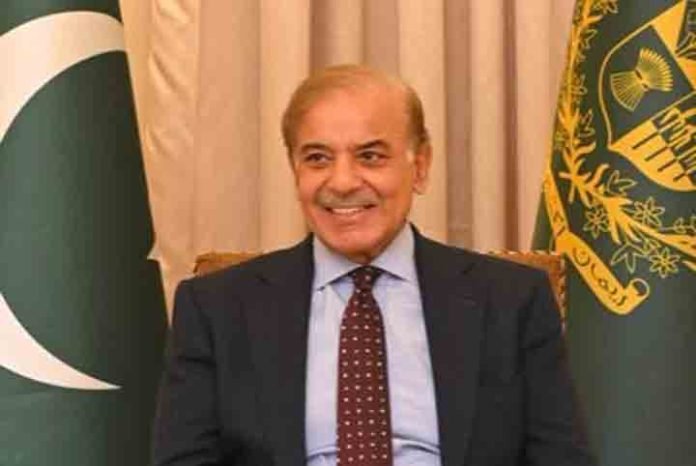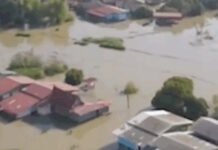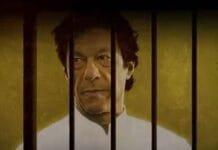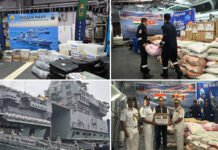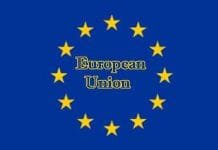INVC NEWS
New Delhi ,Lahore , Washington ,DC ,
Pakistan is currently facing one of the biggest economic crises of the century. The country is in a dire state, with inflation rates soaring high and the value of the Pakistani rupee declining rapidly. However, what has created a stir in the international community is the recent leak of a secret conversation between Pakistani Prime Minister Shahbaz Sharif and Minister of State for External Affairs Hina Rabbani Khar.
The leaked conversation has raised several questions about the foreign policy of Pakistan. It has been revealed that there are deep differences between the Prime Minister and the Minister of State for Foreign Affairs regarding foreign policy. The documents show that the Government of Pakistan is unable to understand whether to consider China or America as its real friend. This revelation has dealt a severe blow to Pakistan’s efforts to seek financial aid from the US.
According to reports, some documents of the American Intelligence Agency were leaked a few days ago. The leaked documents titled “Pakistan’s Tough Choice” reveal that Minister of State for Foreign Affairs Hina Rabbani Khar had warned Prime Minister Shehbaz Sharif that Pakistan would have to avoid the feeling of pleasing the West. Hina had warned Shehbaz Sharif that the country could no longer attempt to maintain a wedge between China and the US. If Pakistan continues to try to save its partnership with the US, then its real strategic relationship with China will be sacrificed.
The leaked documents have created an uproar at the international level, with many questioning how America got hold of these memos. It is being speculated that this leak of documents from the US Intelligence Agency could be even bigger than WikiLeaks of the year 2010, as there may be many other revelations that may come to light soon.
This recent development is yet another example of the complex geopolitical situation that Pakistan is facing. It is a country that is strategically located in the heart of Asia and has historical ties with both China and the US. Pakistan’s foreign policy has always been a delicate balancing act, trying to maintain its relationships with both China and the US while also dealing with its own domestic challenges.
However, the recent leak of documents has brought to light the fact that Pakistan needs to reevaluate its foreign policy strategy. It needs to decide whether it wants to be a partner of the US or China. The country cannot afford to be in a state of confusion and indecisiveness when it comes to its foreign policy, as it can have severe consequences for the country’s economic stability and security.
One of the critical issues that Pakistan needs to address is its overreliance on foreign aid. The country needs to find a way to become self-sufficient and reduce its dependence on external funding. Pakistan has enormous potential, with a large and diverse population and abundant natural resources. The country needs to invest in its people and its infrastructure to realize its full potential.
Pakistan also needs to tackle the issue of corruption head-on. Corruption is one of the biggest challenges that the country faces, and it is impeding its progress. The government needs to take steps to eradicate corruption and ensure transparency in all its dealings.
Another critical issue that Pakistan needs to address is its energy crisis. The country has been facing severe power shortages for several years, which have had a significant impact on its economic growth. Pakistan needs to invest in renewable energy sources to reduce its dependence on fossil fuels and improve its energy security.
In conclusion, the leak of the secret conversation between Pakistani Prime Minister Shahbaz Sharif and Minister of State for External Affairs Hina Rabbani Khar has highlighted the need for Pakistan to reevaluate its foreign policy strategy. The country needs to decide whether it wants to be a partner of the US or China and needs to reduce its overreliance on foreign aid. It needs to tackle corruption head-on, invest in its people and infrastructure,

